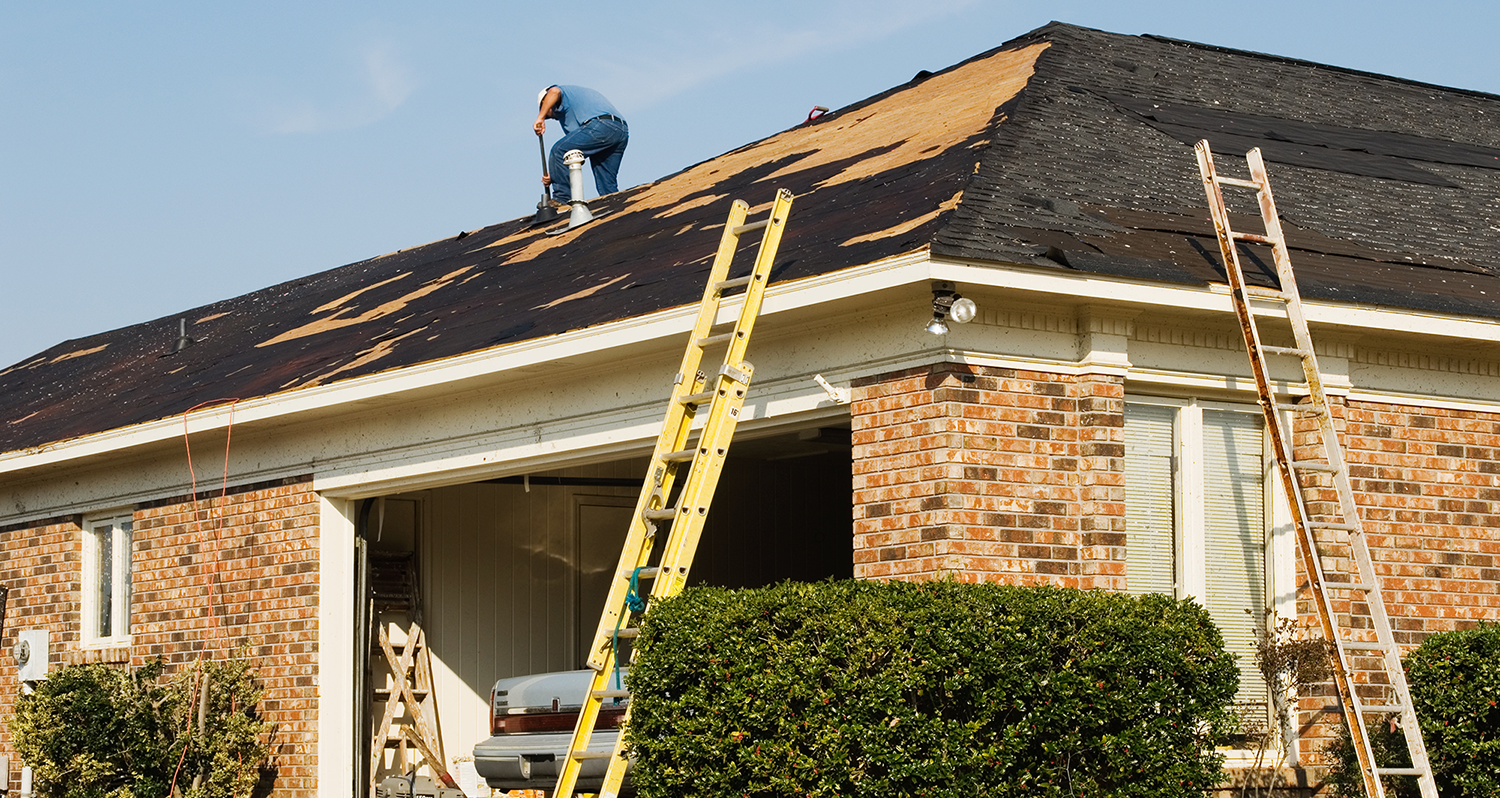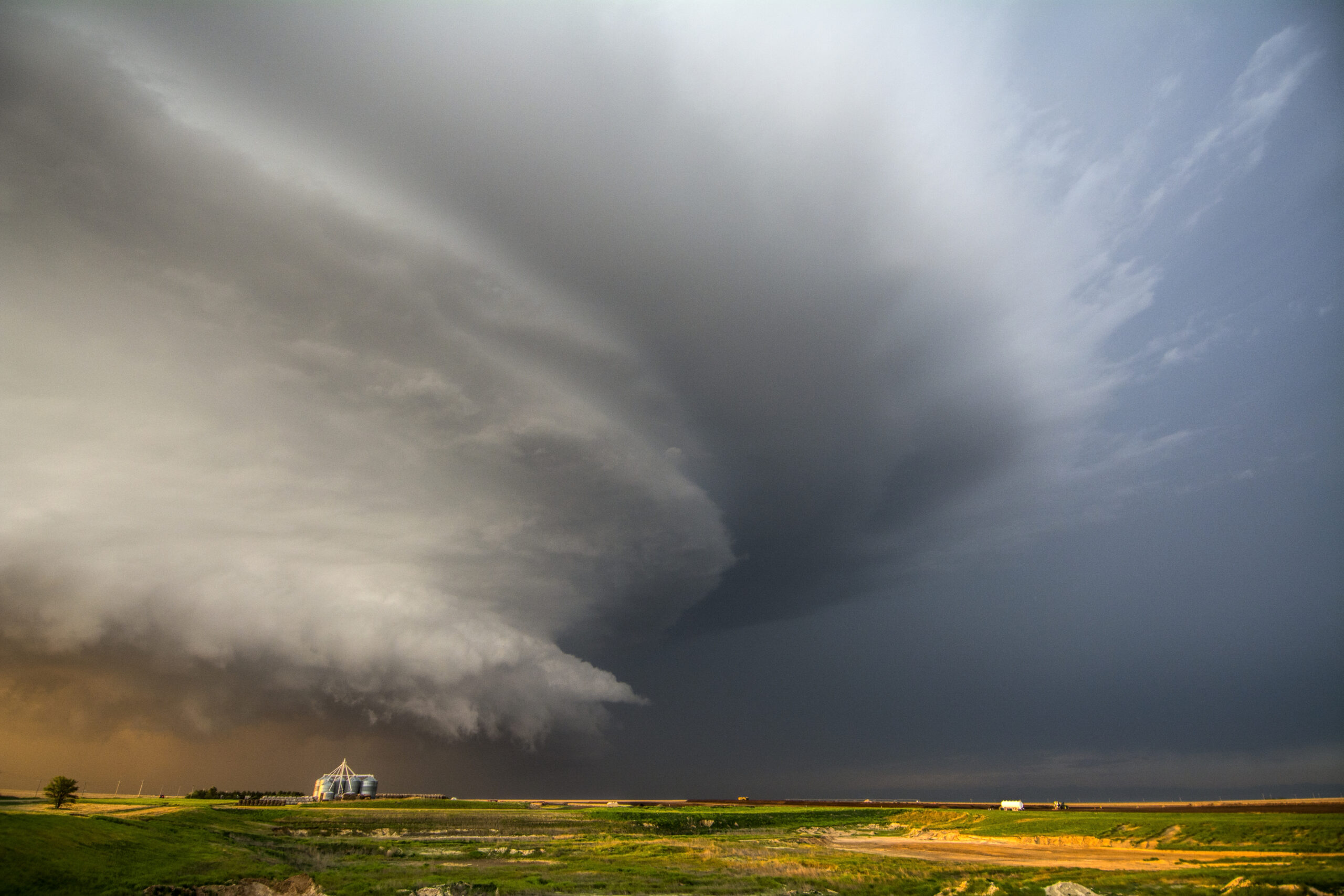You may be familiar with the class action lawsuit brought against Lon Smith Roofing that made headlines back in 2017. Contractors statewide have been patiently waiting for a verdict in the case and how it could potentially affect the more than 10,000 contractors who work with insurance companies to fix storm-damaged property.
Well, the verdict is in.
Two weeks ago, the Texas Supreme Court confirmed it would not hear Lon Smith Roofing and Construction’s challenge of a trial court order. This means the case is back in Tarrant County District Court for further litigation – but it’s assumed that the court will find Lon Smith Roofing guilty of breaking Texas Insurance Code Chapter 4102 which says no one can act as a public insurance adjuster in Texas, or even claim to be one, unless they’ve been licensed.
For Lon Smith Roofing, this means they must repay all funds received to homeowners that signed these illegal contracts. Every single dollar must be returned to homeowners with claims dating back to 2003 – about 3,000 claims total. The total repayment amount is over a million dollars.
What Does This Mean For Other Texas Roofing Contractors?
There’s no doubt that state legislation is changing the way insured parties work with contractors, especially after a hail storm. In most states, roofing contractors are not allowed to “act” as public adjusters and new laws limit the involvement contractors can have on any claim. But Texas choosing to prosecute a roofing company based on contract language opens the door for them to do this again to others and prompt states, like Florida with similar public adjusting laws, to do the same.
Particularly at risk are contractors that use language like what Lon Smith put in contracts and those who aren’t familiar with the state’s insurance laws. Also facing a possible reckoning, of course, are contractors that know the law and deliberately try to skirt or flout it.
The Problem With Contract Language
Most contracts are confusing. The language is too complex and long-winded for most. In one study, 90% of consumers accept legal terms without reading them. If it’s been a while since you have glanced over your own contract with policyholders, now’s the time to read every single word.
If the District Court verdict stands, the law suit against Lon Smith Roofing will have been tried and won on the interpretation of a single verb: pursue. The Lon Smith contract in question stated that they would “pursue homeowners’ best interest for all repairs, at a price agreeable to the insurance company and [Lon Smith], and at no additional cost to the homeowner except the insurance deductible and upgrades.”
But does “pursue” really mean “advocate”?
According to the Tarrant County District Court it does. The court’s interpretation of that phrase will likely have a serious and chilling effect on the willingness of the contractors to continue providing construction services to property owners.
The Best Way To Protect Your Roofing Company?
Review and/or update the contracts you have policyholders sign right now. Having them reviewed by a qualified professional or legal team versed in construction law. Remove any language that could imply insurance negotiation will take place on behalf of a homeowner or policy holder. For any contractor thinking of moving to Texas, know and follow the laws in place to avoid potential (and costly) issues.
Follow C3 Group on Facebook, Twitter and LinkedIn for more tips and resources.







